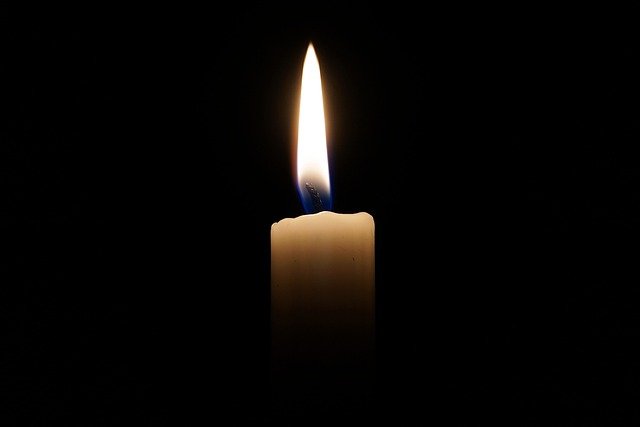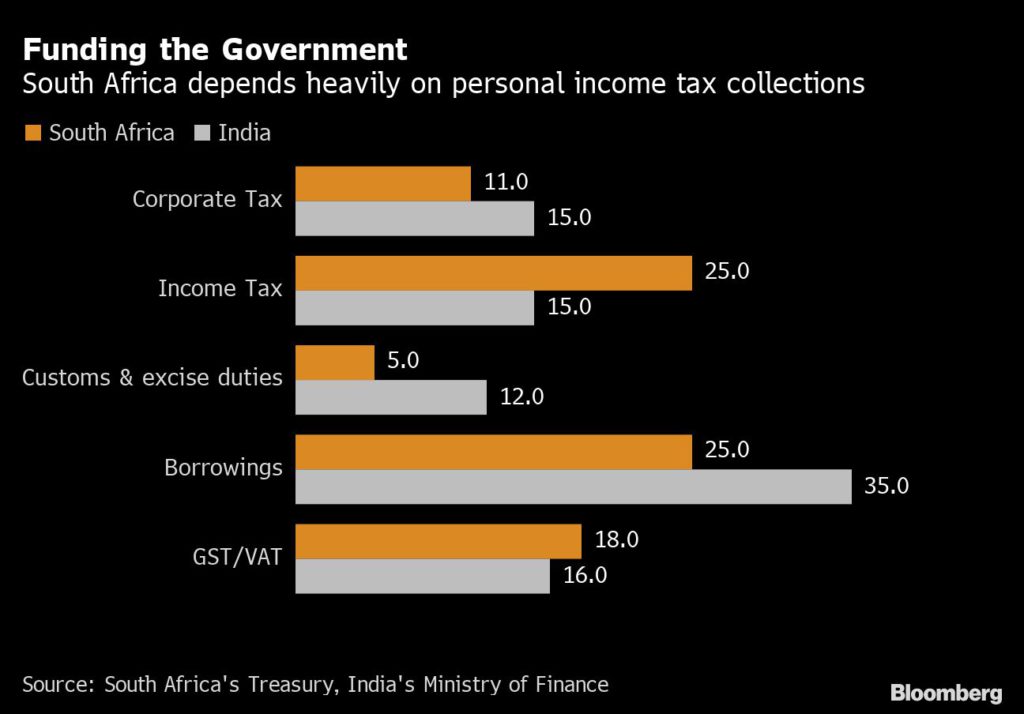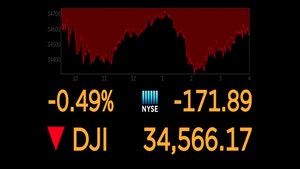Siyanda Mthethwa’s Kuloola is making life easier for people living in rural areas
BY Nkosazana Ngwadla
For most people living in the rural areas of South Africa, traveling to local stores or supermarkets is expensive and can take an entire day. But thanks to Kuloola, a mobile app by Siyanda Mthethwa, specially developed to tackle this issue, previously excluded communities have access to essential services.
Siyanda is one of the Mail & Guardian Top 200 Young South Africans 2020, a SAB Foundation Social Innovation Awards winner, and an Accenture Rising Star Awards winner.
“Kuloola” comes from a take on “it’s easy” in the isiZulu language and, through his work, Siyanda has managed to make life much easier for people, by getting essential goods delivered directly to their doors.
However, that doesn’t even cover half of the impact Mthethwa has had on rural communities. Through the service, he has also managed to create employment for many residents, especially young women.
In previous interviews, Siyanda has mentioned that this is among the achievements that make him proudest: being able to hire and sustain employment for 15 young people, predominantly women.
With no prior management experience, he has been able to retain most of his staff because of a strong and inclusive management style. For Siyanda, Siyanda being able to work towards improving the lives of people in his own community has also been a moment of pride for him.
He says he was privileged to have access to opportunities and a good quality of life. It’s for that reason he wants to make a positive impact on the lives of people less fortunate than him.
Customers choose from predefined combo sets with basic products like rice, flour, sugar, oil, vegetables, dishwashing liquids, and toilet paper. Then, they can order delivery via mobile in three convenient ways: make a phone call / ask for a callback, SMS or send a WhatsApp message.
MaNgema, one of Kuloola’s customers told The Fuse, “Before using this system, I used to leave my house very early in the morning to make sure I get to the store on time, to avoid the long queues because many pensioners go on the same day. Buying groceries would be an all-day activity, and my bones are already giving up on me, so I would tire. But now, that young man has made things so much easier for me and my grandchildren – they can focus on their studies, and I can focus on my health.”













